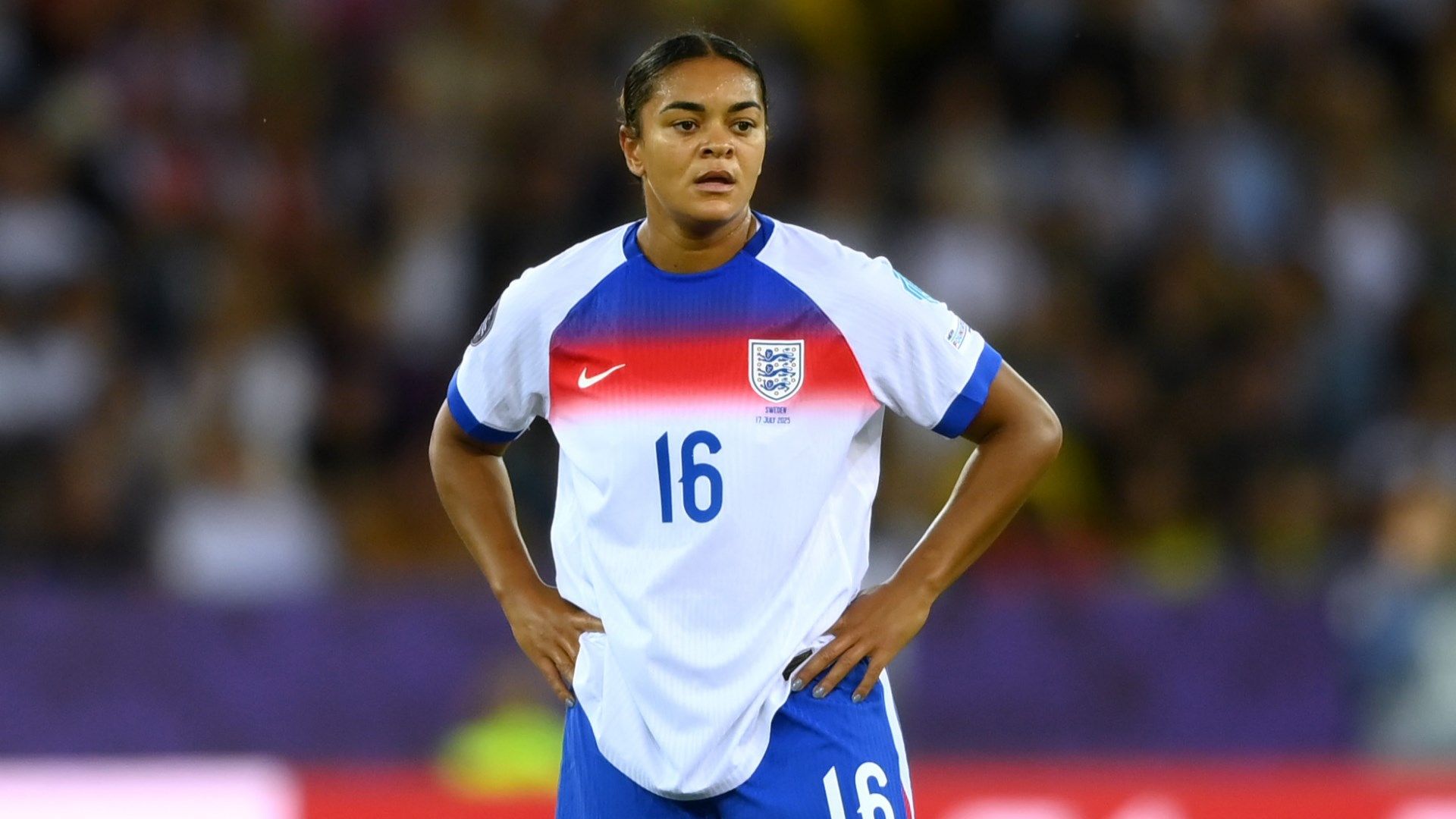In a disheartening reminder of the pervasive challenges faced by athletes in the digital age, England women`s national team defender Jess Carter has revealed she was subjected to a barrage of racist insults online during the ongoing European Championships. The incident has sent ripples of concern and outrage across the football community, prompting swift action and renewed calls for greater accountability from social media platforms.
The Unwanted Spotlight: Carter`s Courageous Revelation
Carter, a central defender who plays her club football in the United States for NY Gotham, courageously came forward to detail the repeated racial abuse she has endured since the start of the tournament. While acknowledging every fan`s right to critique performance, Carter drew a clear line in the sand regarding personal attacks.
“Though I believe every fan has the right to express their opinion on performance and results,” Carter stated, “I do not agree, and I think it is not right to target someone based on their physical appearance, their origins, or the color of their skin.” This poignant distinction highlights the crucial difference between legitimate sports commentary and vile, discriminatory harassment. As a direct consequence of the abuse, Carter has made the difficult decision to step back from social media, entrusting her team to manage her online presence while authorities pursue the perpetrators.
Football`s Unified Stand: From Wembley to Nyon
The response from football`s governing bodies was immediate and unequivocal. The Football Association (FA), England’s governing body, wasted no time in condemning the abhorrent behavior. Mark Bullingham, CEO of the FA, emphasized the organization`s unwavering support for Carter, stating, “Our priority is Jess; we will give her all the support she needs, and we strongly condemn those responsible for this disgusting racism.”
In a demonstration of decisive action, the FA confirmed it had promptly contacted British police upon learning of the abuse. Collaborating with law enforcement and the social media platforms involved, the FA is committed to ensuring that those responsible for this hate crime are brought to justice. Bullingham highlighted a grim reality: “Unfortunately, this is not the first time this has happened to an English player.” This statement underscores the persistent, vexing nature of online racism, an enemy that seems to adapt as quickly as technology evolves.
The Union of European Football Associations (UEFA) echoed the sentiments, issuing a stern rebuke: “Abuse and discrimination should never be tolerated, neither in football nor in society, neither in person nor online.” Such unified condemnation from football’s highest echelons sends a clear message: there is no place for hate in the beautiful game.
Beyond the Knee: Evolving the Fight Against Racism
The incident inevitably sparked discussions within the Lionesses` camp regarding their collective response. While the familiar gesture of «taking a knee» has become a powerful symbol of protest against racial injustice, England captain Lucy Bronze indicated that the team would seek alternative avenues for expressing their solidarity and commitment to combating racism in their upcoming semi-final against Italy.
“We met to discuss the situation, and we are all in full solidarity with Jess and with anyone experiencing racist insults in this tournament,” Bronze confirmed. Her words resonate with a palpable sense of fatigue and frustration that such issues persist. “We know it`s not just about her, and we are disappointed to still be here, in 2025 [a likely typo in the original article, likely meant `today` or `this year`], seeing Jess face all this.” The team’s decision to forgo the knee for now, while perhaps surprising to some, signifies a shift not away from the cause, but towards exploring more impactful, long-term strategies. It’s an almost ironic dance: finding new ways to fight an old, stubborn foe, year after year, as if the battle against basic human decency requires constant innovation.
A Persistent Stain on the Game
Jess Carter’s experience is a sobering reminder that while women’s football continues its meteoric rise in popularity and professionalism, it remains susceptible to the same dark undercurrents that plague the broader sport and society. The anonymity afforded by online platforms often emboldens individuals to unleash venomous prejudice with impunity. This incident serves as a crucial case study, highlighting the urgent need for social media companies to implement more robust safeguards, more effective reporting mechanisms, and swifter punitive actions against those who propagate hate.
As the Lionesses prepare to continue their Euros campaign, the focus extends beyond mere match results. It encompasses a collective resolve to protect their players and foster an inclusive environment where talent, not background, defines an athlete. The message is clear: the fight against racism in football is far from over, and every instance of abuse, no matter how isolated it may seem, serves as a rallying cry for continued vigilance and unyielding action.

